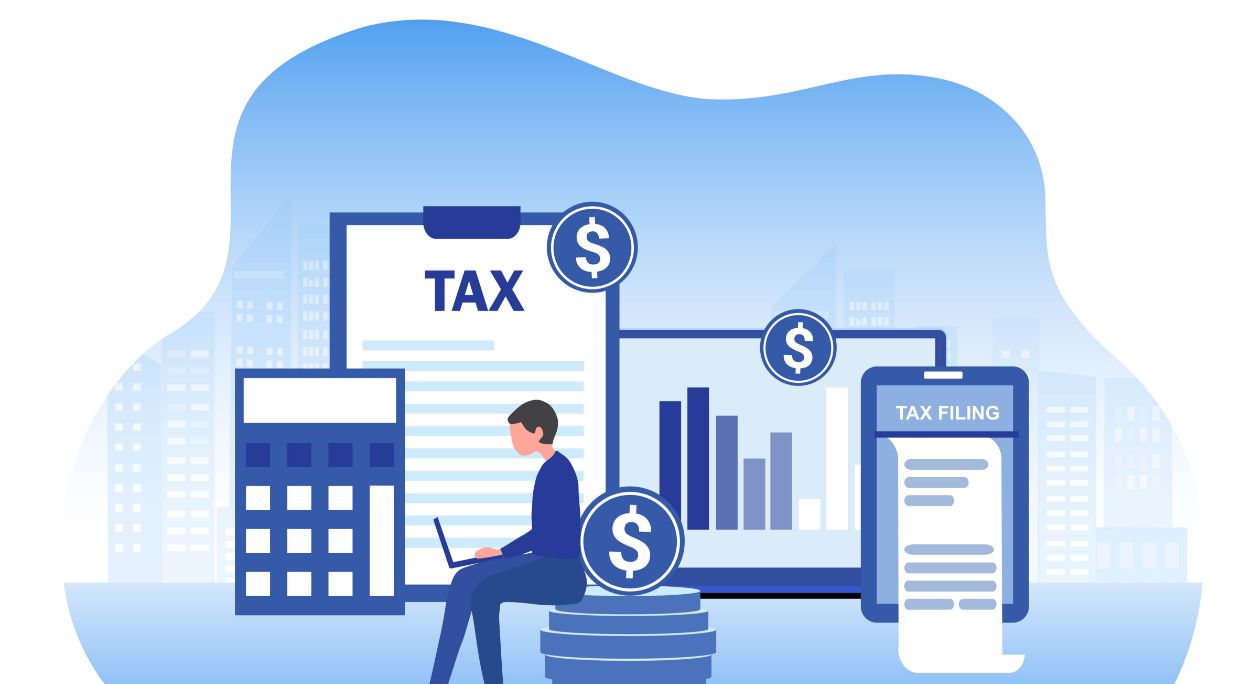Important: PropStream doesn’t offer financial or legal advice. The contents of this post are meant for informational purposes only. Before diving into a new investment, writing anything off for tax purposes, or signing any contracts, we recommend consulting with a legal and/or financial professional.
For many real estate professionals, inflation can seem like a wrench thrown into your plan… but what if you could use this as an opportunity to expand your knowledge about your industry and your ability to find opportunities creatively?
While this will take a bit of time, research, and flexibility, in the end, you’ll only be a stronger investor for adapting to and experiencing any market condition. A truly savvy investor can find opportunities in any market.
That said, real estate can be an excellent investment route for tackling high inflation if you take the proper steps to protect your current and future investments. After all, real estate will always be in demand, as people will always need somewhere to live, whether they buy or rent!
Rather than pausing your real estate endeavors and waiting for inflation to ease, there are plenty of steps you can take to protect the investments you have and continue adding to your portfolio.
Here are three methods to help you navigate real estate investing during a high inflation period:
1. Practice Savvy Taxation Strategies

With inflation making everything more costly, you’ll want to save money in any way you can to continue investing.
Luckily, as a real estate investor, you may be eligible for certain tax advantages to help manage its impact on your business.
Being strategic with how you keep track of your investments and file them come tax season may help ease your tax burden. Consider keeping thorough documentation of your business expenses so your accountant can use every applicable deduction. Here are some tax strategies you may be able to use as an investor:
- Deductions: Investors can take advantage of general expense deductions if the property is owned individually or in a legal entity. This is done by deducting expenses related to your real estate business. According to the IRS, these include “ordinary and necessary expenses for managing, conserving, and maintaining your rental property.” In addition to expenses that come directly from maintaining or improving properties, you may also be able to write off trip expenses for professional conferences you’ve attended, office supplies, mileage for business-related travel, and more.
- Depreciation: The IRS often allows investors to claim depreciation as an expense on their tax returns. Because buildings are subject to normal wear and tear, investors may be able to write off part of the initial purchase price over a certain number of years. For most residential properties, investors can write off the building over 27.5 years. For commercial properties, this can be done over 39 years.
- Appreciation: As property values rise, investors often see an increase in the appreciation rate. Real estate investors typically do not need to pay taxes for property appreciation; however, we recommend consulting with a tax professional to ensure this is the case for your properties; they may also have strategies to help leverage your overall portfolio.
- 1031 exchange: Another tax strategy available to investors is the 1031 exchange. With a 1031 exchange, the investor sells a property and rolls those funds over to a new property purchase. In a typical real estate transaction, capital gains can take a large portion of your proceeds. However, if investors can follow the requirements for a 1031 exchange continuously, they can defer capital gains taxes indefinitely so long as they keep reinvesting back into real property.
Pro Tip: Keep in mind that 1031 exchanges have strict guidelines regarding which properties qualify, when you must find a new property, when you must close on it, and more. To learn more about the 1031 exchange, check out this article for a general overview, or this article to uncover common mistakes investors make when using them.
2. Adjust Your Current Investment Strategy
As inflation rises, you may want to take a closer look at your strategy to ensure you’re making the most out of the current climate.
For example, if you were previously flipping one property after the next, you may find it helpful to hold onto these properties rather than trying to sell right away. With record-high interest rates (now exceeding 7% for a 30-year mortgage), many buyers aren’t willing to pay higher purchase prices. As a flipper, this may cut into your profit margin for each sale, as the goods you may need to purchase to perform the flip (e.g., appliances, flooring, paint, lumber) may also be more expensive as a result of inflation.
However, if you hold your property and rent it out, you may be able to earn some passive income while having the mortgage paid over time by your renter. If you wait a couple of years, the property may appreciate while you continue to accumulate equity, allowing you to pocket a higher return when you’re ready to sell in a more active market.
Now, you may be thinking, “With higher interest rates, why would I want to hold onto a property? Won’t the interest rates cut into my profit?” Not necessarily. If you can use a data platform like PropStream to find an off-market property with a seller who’s willing to let it go for below-market value, this may lower your initial investment. Additionally, if you have available funds from your past flips to make a hefty down payment, you can lower the amount you’re borrowing and paying interest on.
For the monthly payment, you may be able to charge tenants a little more than average while still being competitive with local landlords. Since few buyers are willing to pay inflated home prices and high interest rates, many buyers are putting their house hunt on hold to rent, increasing the demand for rental properties and the overall rental average.
In addition to tweaking your investment strategy, you may also find it helpful to keep a spreadsheet that tracks your current investments. This will allow you to track market trends/changes and use that information to guide your decision-making.
Important: Before adjusting your investment strategy, we recommend educating yourself on taxation for different investment strategies by talking to a tax professional. How you identify as a real estate investor may impact what you owe and which tax advantages are available to you.
3. Diversify Your Portfolio

Even in a normal market, having a range of investments and strategies helps ensure you have a constant cash flow in case one of your strategies doesn’t meet your expectations.
In times of high inflation, having some backup options is even more important, as opportunities may require more effort to find. Opening up your pool of options can allow you to take advantage of more opportunities and capitalize on current trends, rather than fearing them.
Here’s how you can diversify most efficiently:
- By asset type: This would involve investing in different kinds of real estate that help make up for macroeconomic changes, such as the shift from office spaces to remote work. Some asset types include:
- Single-family homes
- Small multi-family properties
- Large apartment complexes
- Retail & industrial or cooperative spaces
- Self-storage
- Geographical location: “Location, location, location” is one of the most important factors in real estate investing. You can potentially protect yourself against economic swings by spreading your investments across different sectors. Before picking a location, you should consider areas that have:
- high job growth
- population growth
- job diversity
- Asset class: Recognize that people’s housing preferences change with the economy and culture, from larger, more luxurious homes in good times to smaller, more modest homes in harder times.
- Active and passive investing: An effective inflation hedge may be made by either active real estate investments (such as rental properties) or passive real estate investments (such as group investments).
Are You Ready to Start Finding Better Opportunities Using Real Estate Data?
Part of being a savvy investor in times of high inflation is performing more thorough research and using that information to invest strategically. PropStream can help you do just that!
From finding off-market opportunities to estimating rehab costs, to even estimating the growth potential for a rental property, PropStream has the data and tools you need to make educated decisions, no matter what market you’re working in.
Timing is everything in real estate, so what are you waiting for? Sign up for your free 7-day trial today to begin researching with PropStream!
